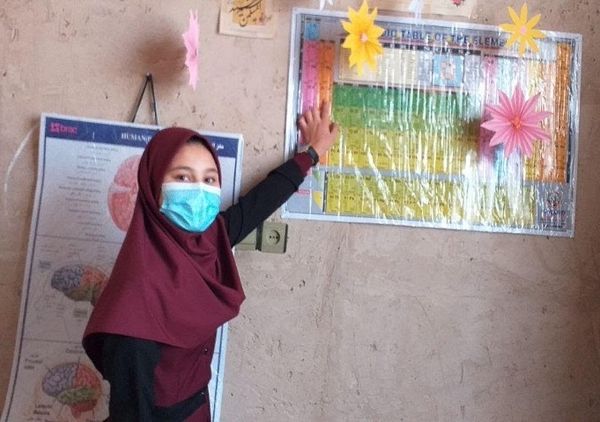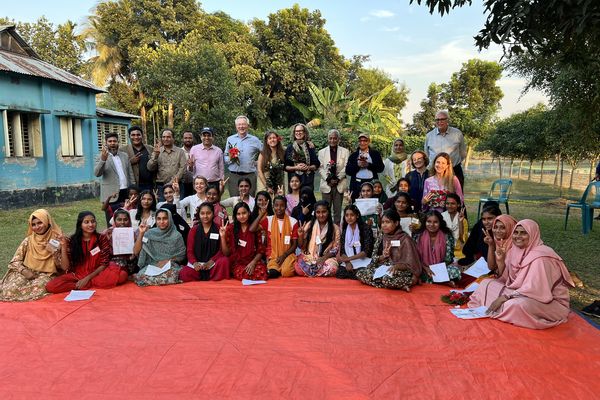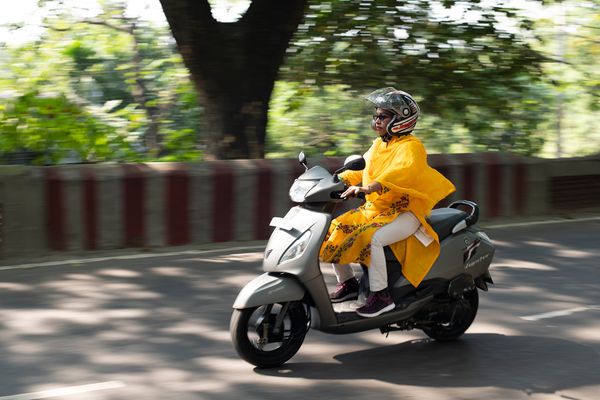This article was originally published by Devex. An excerpt has been reposted below.
Many have called for a unified stance and asked all organizations to say that they will not continue to work in Afghanistan without female staffers. They believe that if NGOs hold a line and refuse to deliver aid, they can win more concessions, and many worry about the precedent being set elsewhere in the world if they cave in to demands by the Taliban.
“We don’t want to take a piecemeal approach to this,” said Shameran Abed, executive director of BRAC International, the Bangladesh-based NGO which works on livelihoods and women’s empowerment in Afghanistan. “What we were looking for was a more united, principled stand by the international development community – the funders and the implementers – to make it clear that this decree is not only unconscionable but effectively takes away our ability to serve those most vulnerable and in need – the women and girls of Afghanistan. This would have also strengthened the hand of the negotiators trying to find a way through this, in my opinion.
“For us, a clear red line has been breached, and from that perspective, it makes it very difficult to continue our work in Afghanistan. Our programmes, lifesaving or otherwise, require the participation of our female colleagues.”
But simultaneously, NGOs are keen to not be seen as abandoning the people of Afghanistan. In light of some of the exemptions provided, BRAC is looking at what activities and interventions “can be continued sustainably and at scale with the participation of our women colleagues.”
Read the rest of the article here.
____



